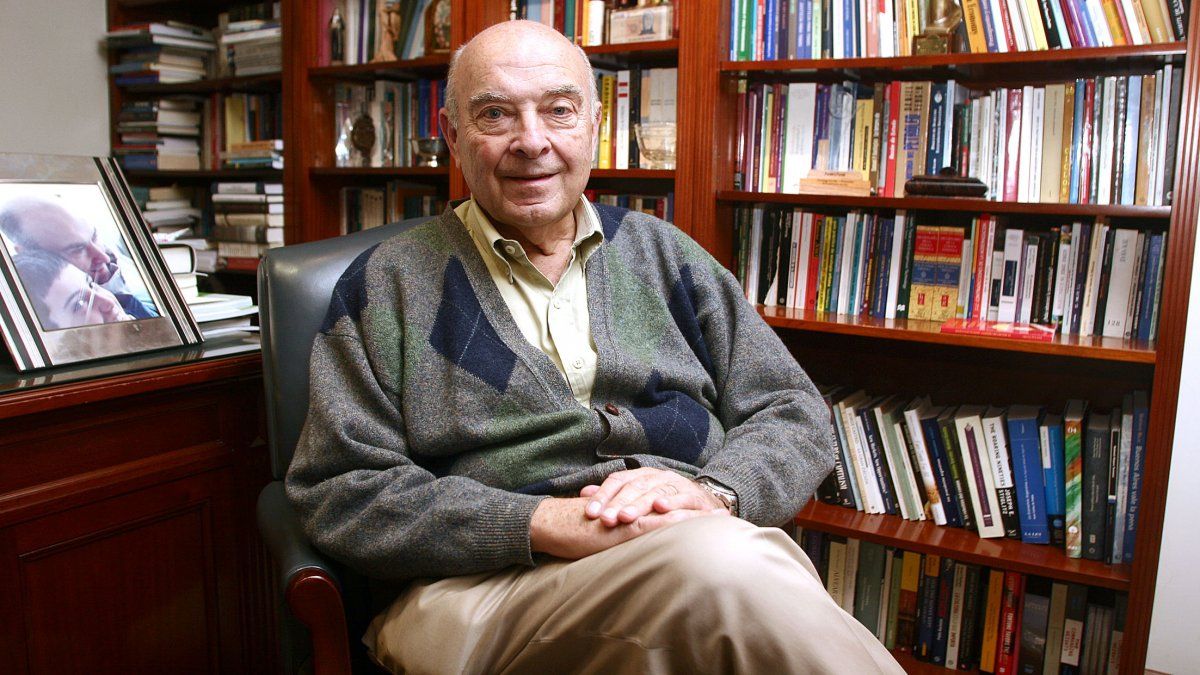The former Minister of Economy Sunday Cavallo estimated that the Consumer Price Index (CPI) for May was around 5% and revealed the method to simultaneously achieve “the definitive attack” against inflation and economic reactivation, in a publication on his personal blog.
In relation to the price variation during the fifth month of the year, Cavallo maintained that “if the adjustments in energy and transportation prices had continued in May as had been announced, the inflation rate to be published by the INDEC would have to be around 7%, but given that the government decided to postpone the adjustments of controlled prices until later, it is possible that the monthly rate for May will end up being around 5%.
When referring to the necessary condition for the disinflation process to consolidate, he pointed out that “it is necessary to clarify how we will move towards a monetary system of currency competition.”
In the economist’s view, “with monthly inflation below 6% per month, the government has to worry that it will not increase again in the coming months,” which is why he considered that “the definitive attack against inflation with simultaneous vigorous reactivation of the economy will only be able to be applied from the unification and exchange liberalization that is achieved without a devaluation jump”.
In that sense, he stated that “The current monetary system does not allow the dollar to efficiently fulfill all the functions of a legal tender, particularly that it can serve as a reserve of value and allow the use of savings in dollars to finance investments or working capital of people and companies.“, indicating that “it is therefore very different from an efficient currency competition regime.”
Analyzing the current scenario, he expressed that “the exchange system is not a ‘single and free exchange market’ but rather a confusing and insincere split, where there is neither unity nor freedom,” ensuring that “it allows discretionary management both on the side of quantities and prices according to the type of transactions permitted”, so “there are many transactions that are simply condemned to illegality”.
Given this, Cavallo considered that “a formal splitting of the exchange market, maintaining exchange controls on transactions related to foreign trade in goods, and totally liberalizing all the rest of the transactions, fundamentally those of services and financial transactions due to the movement of capitals, is the best way to move towards a monetary system of currency competition”, although he clarified that “currency competition will be perfected when the commercial market can be reunified with the free financial market”.
Likewise, he indicated that “the only mechanism capable of allowing and inducing the re-monetization in dollars of the economy that people decide is the liberalization of the financial market together with money laundering and the authorization for banks to receive deposits in dollars with the same ease and prerogatives of deposits in pesos”.
Along these lines, Cavallo contributed that to maintain stability in the price level, the Central Bank must “manage the legal reserves of deposits in pesos and dollars, the interest rates in both currencies (through open market operations with bonds in pesos and dollars) and intervene in the exchange market by buying or selling reserves in such a way as to tend to stabilize the price of the dollar in pesos.
At the same time, he warned that a total opening of the stocks without a prior stage of financial liberalization could increase the risk of “an initial devaluation jump that would once again require realignment of relative prices of tradable goods and rates of public services.”
Source: Ambito




